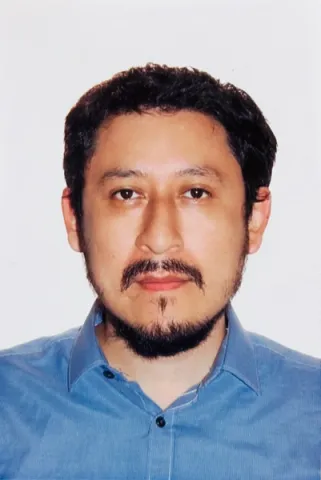About the project
Cerebral injuries are a leading cause of neonatal mortality and life-long morbidities. This project aims to develop a wearable headset that uses speckle contrast optical tomography (SCOT) to provide 3D images of cerebral blood flow in the infant brain powered with artificial intelligence (AI) to analyse brain activation patterns.
The conditions that lead to brain injury include hypoxia-ischemia, stroke, intracranial haemorrhage, and preterm birth and monitoring cerebral blood flow (CBF) plays a leading role in diagnosing cerebral injury. However, current monitoring methods, such as transcranial Doppler ultrasound and MRI, are unsuitable for continuous monitoring in the neonatal intensive care unit (NICU).
The main objectives of this project are:
- to develop a small wearable cerebral blood flow monitor optimised for the infant brain
- to measure flow in-vitro using tissue-like materials and blood flow in-vivo (adult arm)
- to demonstrate the ability to measure cerebral blood flow in healthy infants and confirmed by Laser Doppler Ultrasound
- to use artificial intelligence (AI) to identify and classify the cortical network patterns
The immediate benefit is the availability of a wearable cerebral monitor that can further the study of cognitive development in older infants. In the long term, it can potentially reduce the number of preterm deaths and improve the management and outcome of those infants at risk of cerebral injury. This project is a collaboration with Prof. Brigitte Vollmer from the Faculty of Medicine, who will oversee participant recruitment and provide guidance on clinical aspects.

